A selection of games to help you practise your spelling, punctuation, grammar and reading skills
Accessibility Tools

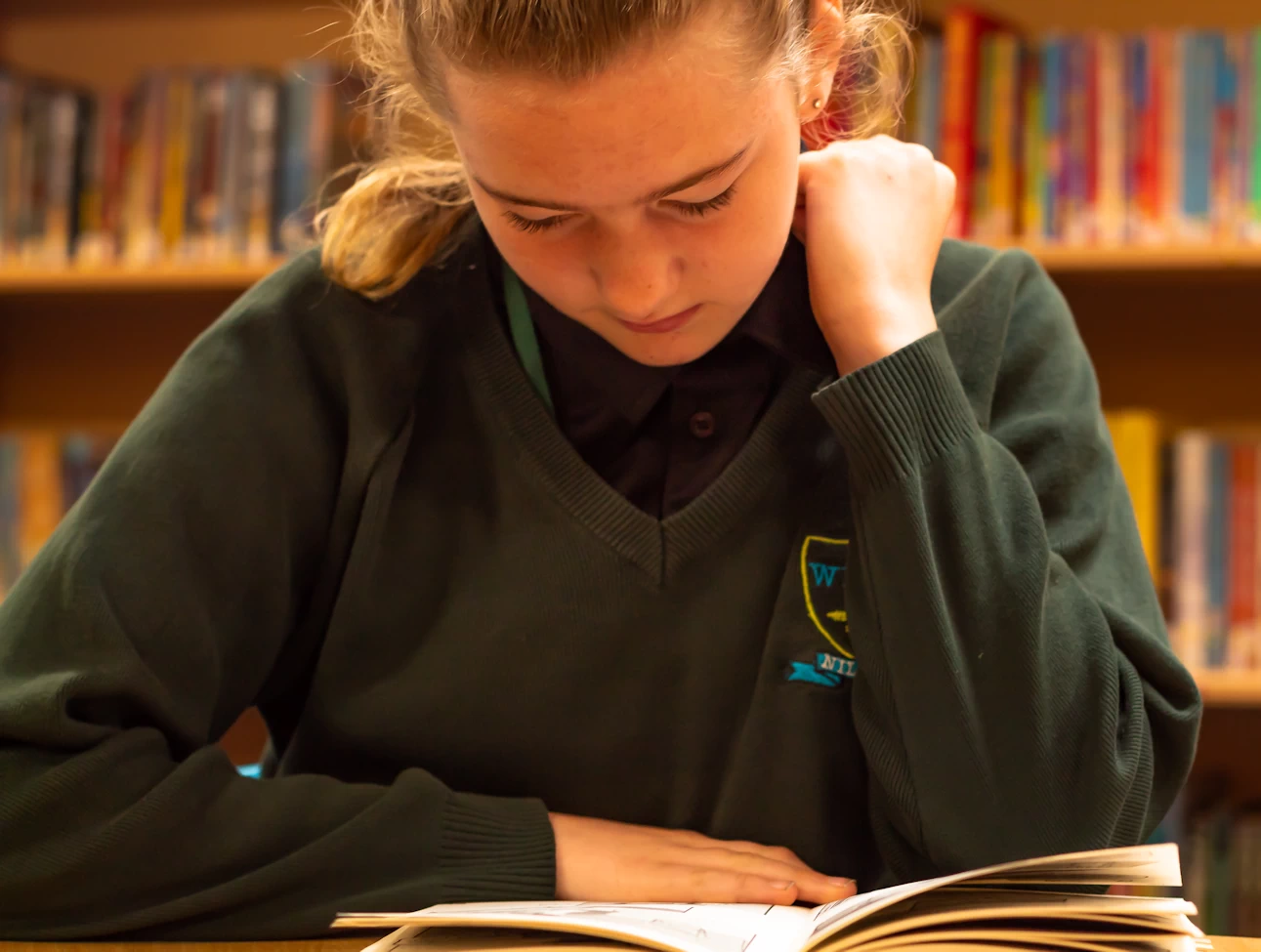
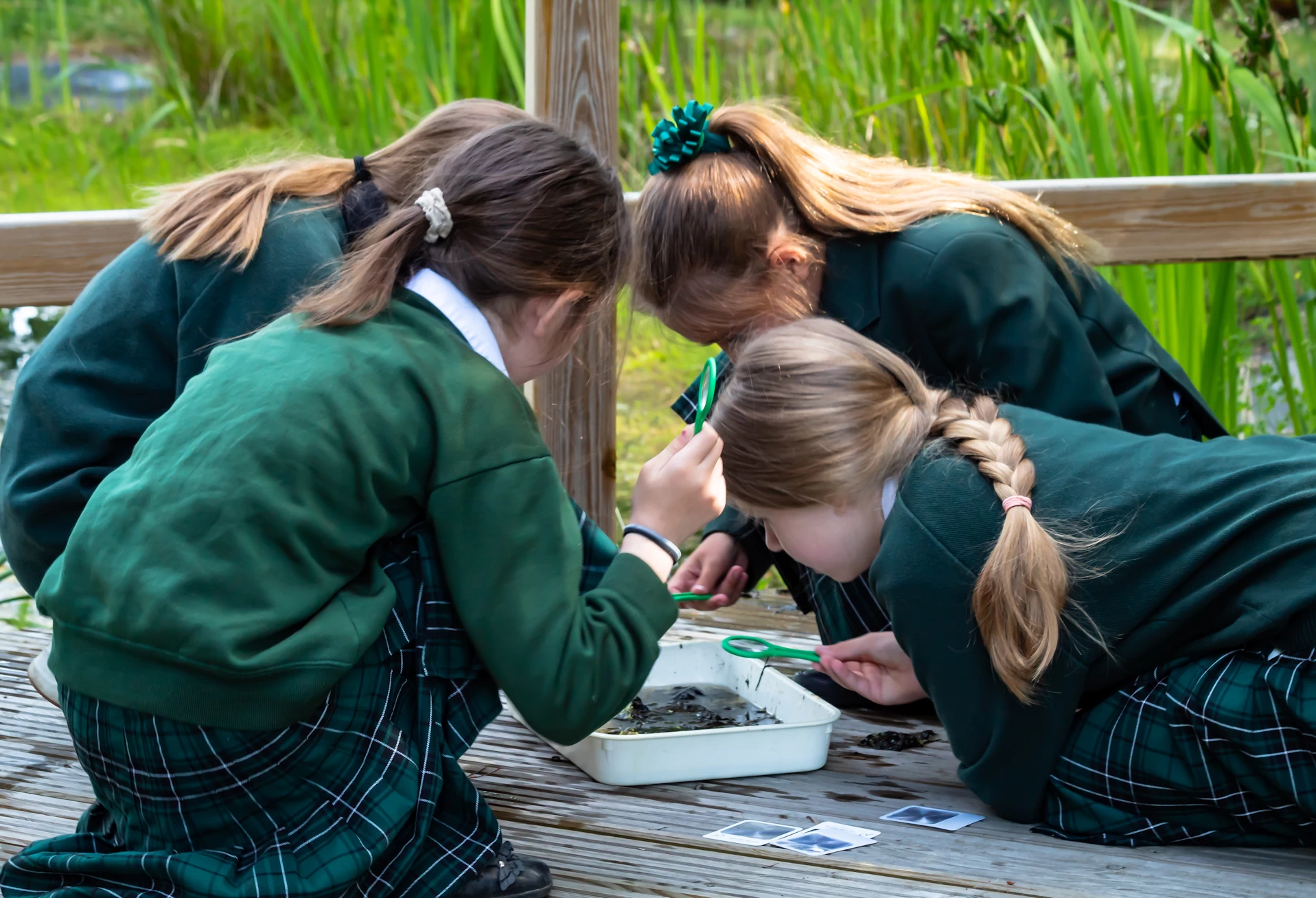
Over the past two years, we have worked with the curriculum leads in pyramid schools to develop our ‘Big Ideas’ curriculum, ensuring that the essential knowledge and key skills we have identified permeate our curriculum from year 5 to year 8, allowing all our pupils to make links in their learning as well as develop the ability to think more deeply about what they are learning. In this respect, pupils’ learning is meaningful and purposeful, and designed in a range of contexts, which offer breadth and variety to their learning.
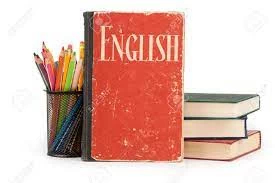
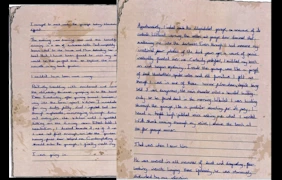
Over the past two years, we have worked with the curriculum leads in pyramid schools to develop our ‘Big Ideas’ curriculum, ensuring that the essential knowledge and key skills we have identified permeate our curriculum from year 5 to year 8, allowing all our pupils to make links in their learning as well as develop the ability to think more deeply about what they are learning. In this respect, pupils’ learning is meaningful and purposeful, and designed in a range of contexts, which offer breadth and variety to their learning.
The National Curriculum divides this subject into three components – speaking and listening, reading, and writing. Much of the work takes place during English lessons, but other subject areas also play a valuable part in the development of language skills. Ofsted expects that pupils should be able to apply their literacy skills in all areas of the curriculum and they will assess the pupils’ abilities to do this.

Considerable emphasis is placed on pupils’ reading and their responses to a range of texts. In Yr5 and Yr6, all pupils benefit from Guided Reading lessons which enable them to examine a wide range of texts, whilst further developing their vocabulary as well as their ability to predict, infer, summarise, retrieve, explain the author’s choice of language. All pupils’ reading is tested at the beginning of each year. Pupils who are significantly below the expectation for their age are put onto a reading programme. This not only helps them to catch-up, it ensures that no child is held back by being a ‘non-reader’. The progress of these pupils is tracked and tests are administered to ensure they are progressing.

All our pupils in every class also benefit from our incredible reading programme – Accelerated Reader – which allows our children to make superb progress with their reading. After they have taken their termly Star Reader quiz, each pupil can select from an extensive range of books and authors from our well-stocked library recommended by the Accelerated Reader programme, which precisely pinpoints suitable books, allowing children to make optimal progress with their reading. In addition, Accelerated Reader is extremely motivating with pupils being able to take engaging quizzes on each book they have read in order to add to their Word Count, eventually becoming a Word Millionaire.

Pupils are given many opportunities to write for a wide range of purposes. They are taught to consider the medium of writing as a vital means to develop, organise and communicate ideas. They will be given a structured and thorough approach to the study of the techniques of language, as well as a continued appreciation of creative work.
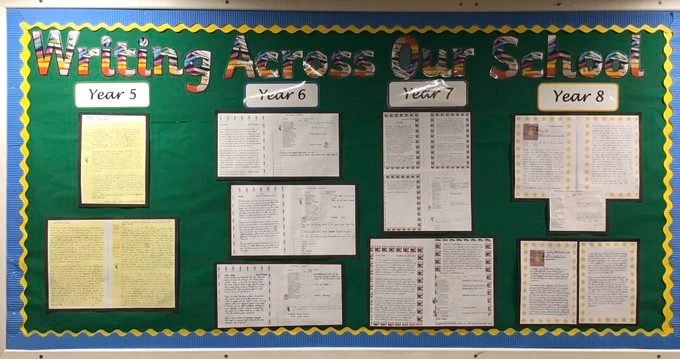
Speaking and Listening skills are practised with great frequency, as discussion, explanation, and the expression of opinions and ideas form a major part of a child’s language development. Drama is a useful and enjoyable enhancement of these skills.
English is usually taught in ability groups. The groups are regularly monitored and pupils may change groups if staff feel this is appropriate. At the end of Yr6 (SATs) and Yr8 pupils sit formal tests, and undertake teacher assessed tasks, to assess their national curriculum level.